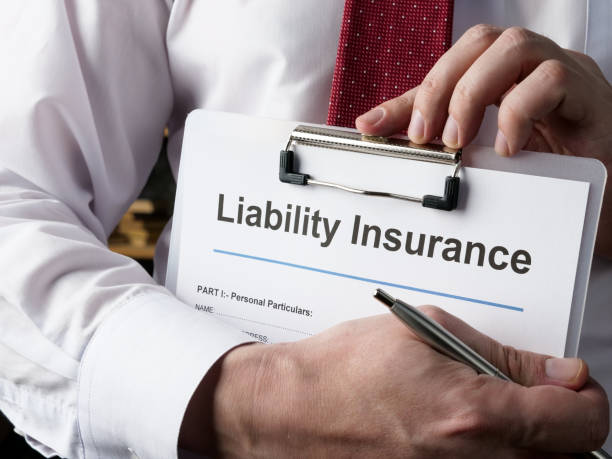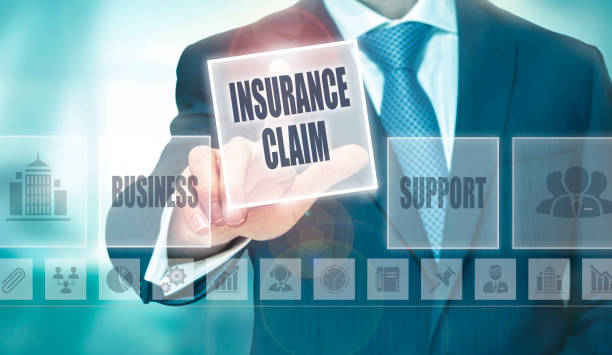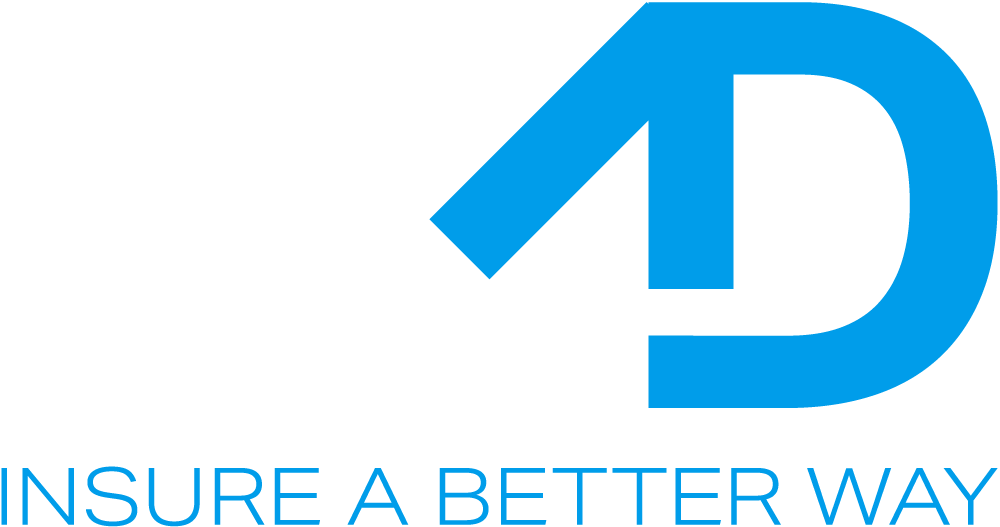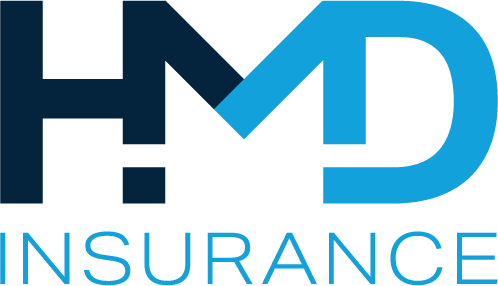
Personal liability insurance is a crucial component of financial protection that every individual should consider. It offers peace of mind by providing coverage against potential claims related to bodily injury or property damage. In a world where accidents can happen unexpectedly, understanding what personal liability insurance entails, how it works, and its importance can empower individuals to make informed decisions about their insurance needs.
What is Personal Liability Insurance and Why Do You Need It?
Personal liability refers to the legal responsibility that an individual holds for the injuries or damages they cause to others. It is essential to recognize that even minor accidents can result in significant financial implications. For instance, if a visitor suffers a personal injury on your property, you could be held liable for medical expenses and other damages. This is where personal liability insurance becomes vital. It provides a safety net, ensuring that you are financially protected against claims made by a member of the public who has suffered an injury or property damage due to your actions or negligence.
Personal liability insurance works by offering liability coverage that protects individuals against claims that arise from incidents occurring on their property or as a result of their actions. When a claim is made, the insurance company investigates the circumstances surrounding the incident and, if covered, pays for legal defense costs and any settlements or judgments up to the policy limits. This type of insurance is particularly beneficial as it not only covers legal fees but also shields personal assets from being seized to cover damages. By having a personal liability policy, you can rest assured that you have the necessary support to handle unexpected legal challenges.
Personal liability insurance covers a range of incidents, including bodily injury or property damage that you, your family members, or pets may inadvertently cause to others. Common situations may include a guest slipping and falling at your home, your dog biting someone, or accidentally damaging a neighbor’s property. The insurance coverage extends to legal fees, medical expenses, and any settlements awarded as a result of these claims. However, it is essential to read the policy details carefully to understand the specific exclusions and limits that may apply, as not all circumstances will be covered under standard policies.
How Does Personal Liability Insurance Differ from General Liability Insurance?

While personal liability insurance protects individuals, general liability insurance is designed for businesses. Understanding this distinction is critical. Personal liability insurance covers personal incidents that may occur in your daily life, such as accidents on your property, while general liability insurance is aimed at protecting businesses from claims arising from injuries or damages that occur during business operations. For instance, if a customer is injured on your business premises, general liability insurance would be applicable, whereas personal liability insurance would not.
Choosing personal liability insurance over general liability insurance is straightforward when the coverage needs are related to individual activities rather than business operations. For homeowners, renters, or individuals engaged in hobbies that may pose risks, personal liability insurance is the appropriate choice. Conversely, if you are a business owner or operate a small business, investing in general liability insurance is crucial to protect your business against claims and lawsuits that may arise from your business activities.
The differences in coverage and costs between personal liability and general liability insurance are significant. Personal liability insurance typically comes at a lower premium, as it covers individuals and their personal activities. In contrast, general liability insurance premiums are generally higher, reflecting the broader range of risks associated with business operations. Additionally, general liability policies often provide higher coverage limits to account for the increased risk of claims that businesses face. Assessing these differences can help you determine which type of insurance is best suited for your needs.
What Types of Risks Does Personal Liability Insurance Cover?
Several common scenarios can lead to personal injury claims, underscoring the importance of having personal liability coverage. For instance, if a friend slips and falls on your wet floor, they may seek compensation for their medical expenses and lost wages. Similarly, if your child accidentally injures another child while playing, you could be held liable for the resulting damages. These scenarios illustrate how personal liability insurance can help mitigate the financial burden associated with unexpected accidents and claims.
Property damage claims can arise from various situations, such as accidentally damaging a neighbor’s fence or causing damage to rental property. Personal liability insurance provides coverage for these incidents, ensuring that you are protected if you are found liable for damages. This insurance can cover repair costs and legal fees incurred in defending against such claims. Being prepared for potential property damage claims is essential for anyone who owns property or engages in activities that could inadvertently lead to damage.
Every personal liability insurance policy comes with liability coverage limits, which define the maximum amount the insurer will pay for a claim. It is crucial to understand these limits as they can significantly impact your financial protection. If a claim exceeds your coverage limits, you may be responsible for paying the remaining balance out of pocket. Therefore, it is advisable to assess your personal circumstances and potential risks to determine appropriate coverage limits that will adequately protect your assets and financial well-being.
Do You Need Public Liability Insurance as a Business Owner?
Public liability insurance is essential for business owners who interact with the public. If your business involves inviting clients or customers to your premises, you may need public liability insurance to cover potential claims arising from injuries or damages that occur on your property. For example, if a customer trips over equipment in your store, public liability insurance can help protect your business against claims for compensation.
Public liability insurance provides comprehensive coverage that protects your business against claims made by third parties for bodily injury or property damage. This type of insurance can cover legal fees and compensation costs, ensuring that your business remains financially stable even in the face of lawsuits. By investing in public liability insurance, business owners can focus on running their operations without the constant worry of potential claims disrupting their financial security.
The fundamental difference between personal and public liability insurance lies in their target audience and the scope of coverage. Personal liability insurance is aimed at individuals and covers incidents that occur in daily life, while public liability insurance is specifically designed for businesses and protects against claims made by clients, customers, or the general public.
How to Choose the Right Personal Liability Insurance Policy?

When selecting a personal liability insurance policy, several factors should be considered. First, evaluate your lifestyle and the potential risks you face, such as owning pets or frequently hosting gatherings. Additionally, consider your asset protection needs and the financial impact of potential claims. Reviewing insurance options with different coverage limits and premiums can help you find a policy that aligns with your budget and protection goals.
Comparing different liability insurance coverage options is essential to identify the policy that best suits your needs. Look for policies that offer comprehensive coverage for personal injury and property damage claims, as well as favorable limits and premiums. Pay attention to the exclusions and limitations outlined in each policy, as these can significantly affect your coverage.
To find the best personal liability insurance policy, it is advisable to seek recommendations from friends or consult with insurance agents who can guide you through the available options. Additionally, reading customer reviews and researching insurers’ reputations can provide insights into their reliability and claims handling process. Ultimately, the goal is to secure a policy that provides adequate coverage at a competitive price, ensuring that you are protected against potential liabilities while also meeting your financial needs.
Conclusion
Personal liability insurance is an important type of coverage that protects you from financial loss if you are found responsible for causing harm or damage to someone else. It helps pay for legal fees and damages that may arise from accidents or injuries that occur on your property or as a result of your actions. Having this insurance gives you peace of mind, knowing that you are protected against unexpected events. It is a smart choice for anyone who wants to safeguard their finances and assets from potential claims.
Frequently Asked Questions:
What is personal liability insurance?
Personal liability insurance is a type of coverage that protects you from financial loss if you are found responsible for causing personal injury or damage to someone else. It helps cover your business, the cost of legal fees and damages resulting from liability claims.
How does small business insurance relate to personal liability coverage?
Small business insurance often includes personal liability insurance as part of its coverage options. This type of insurance helps protect your business against claims related to personal injury or damage that may occur during business operations.
What is the difference between public and product liability insurance?
Public and product liability insurance are types of liability coverage that protect your business from claims made by the public for injuries or damages caused by your products or services. Public liability cover focuses on incidents that happen in public places, while product liability insurance covers issues related to the products you sell.
How can personal liability insurance protect your business?
Personal liability insurance can protect your business by covering the cost of legal fees and damages if someone files a claim against you for personal injury suffered on your property or due to your actions. This protection is crucial for every business to avoid significant financial losses.
What does public liability insurance cover?
Public liability insurance cover protects against claims made by third parties for personal injury or property damage that occurs as a result of your business activities. It helps ensure that you can handle any legal costs associated with these claims without jeopardizing your finances.
How can professional indemnity insurance help my business?
Professional indemnity insurance helps protect your business from claims related to negligence, errors, or omissions in the services you provide. This type of coverage is essential for businesses that offer professional advice or services, ensuring that you can cover the cost of any liability claims.
What are some common liability insurance options for businesses?
Common liability insurance options include general liability insurance, professional indemnity insurance, and public liability cover. Each option is designed to suit your business needs and provide protection against different types of risks and claims.
Does contents insurance provide any liability cover?
Contents insurance primarily covers loss or damage to your physical assets but may also include some level of liability cover for incidents related to those assets. However, it is important to have dedicated personal liability insurance to fully protect against personal injury or damage claims.





